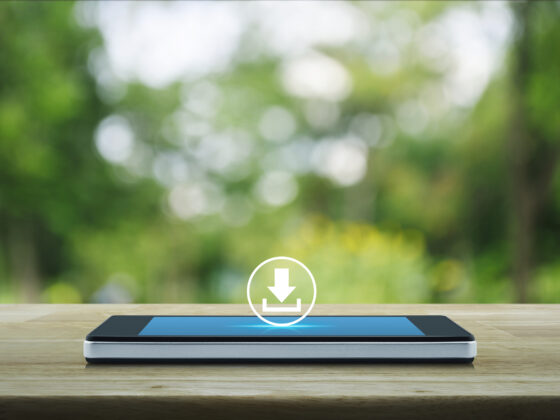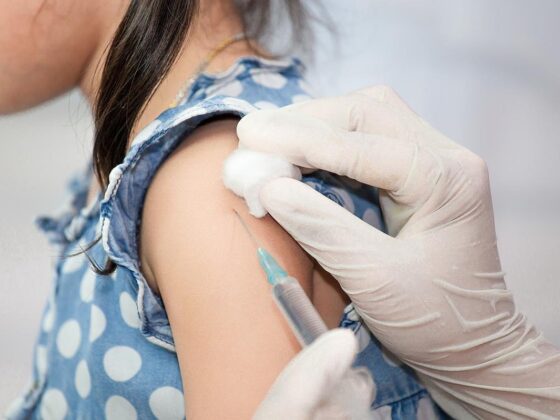It’s been a week — and in too many ways, not a joyful one. This week marked the 24th anniversary of 9/11, a day of lives lost and lives forever changed. For many first responders, the aftermath never ended. They continue to battle devastating health issues like cancer and respiratory diseases — and too often, they must fight just as hard to secure the healthcare benefits they were promised.
At the same time, gun violence again dominated the news. A 16-year-old student opened fire at Evergreen High School in Colorado, critically injuring two classmates before dying of self-inflicted injuries. On a Utah college campus, conservative commentator Charlie Kirk was killed in a brutal shooting, fueling a wave of online rage and misinformation.
The federal release of the Make Our Children Healthy Again (MAHA) report aimed to serve as a roadmap for addressing childhood chronic disease. Critics note, however, that much of it recycles existing policies — and strikingly, it leaves out the leading cause of death for young people: guns.
Home Front Struggles
Beyond the headlines, the challenges continue closer to home. Families are finding it increasing more difficult to make ends meet. Healthcare coverage costs are climbing steeply, with 2026 projected to bring one of the largest increases in decades. Looming cuts to Medicaid add further stress.
Rising rates of depression, anxiety, and suicide point to a mental health crisis that is deepening. Frustration often spills into daily life — in road rage incidents, angry words at checkout counters, or tense exchanges between colleagues and strangers alike. Meanwhile, political divides widen, social media fuels conflict, and civility feels in short supply.
The world can feel unbearably heavy, the problems too vast for any one of us to solve. But as the saying goes, it doesn’t have to be this way.
Moments Matter
I’ll admit, poetry wasn’t always my favorite. High school assignments left me cringing more than inspired. But recently, I came across a poem that resonates powerfully today: Small Kindnesses by Danusha Laméris:
I’ve been thinking about the way, when you walk
down a crowded aisle, people pull in their legs
to let you by. Or how strangers still say “bless you”
when someone sneezes, a leftover
from the Bubonic plague. “Don’t die,” we are saying.
And sometimes, when you spill lemons
from your grocery bag, someone else will help you
pick them up. Mostly, we don’t want to harm each other.
We want to be handed our cup of coffee hot,
and to say thank you to the person handing it. To smile
at them and for them to smile back. For the waitress
to call us honey when she sets down the bowl of clam chowder,
and for the driver in the red pick-up truck to let us pass.
We have so little of each other, now. So far
from tribe and fire. Only these brief moments of exchange.
What if they are the true dwelling of the holy, these
fleeting temples we make together when we say, “Here,
have my seat,” “Go ahead — you first,” “I like your hat.”
The poem reminds us that small gestures matter — that brief moments of connection can hold meaning beyond measure.
Spread a Little Light
We cannot solve every crisis on our own, but we can choose kindness. A smile, a thank you, or letting someone merge in traffic may seem small, yet these gestures push back against the darkness — and they lift our own mental health too.
In a week overshadowed by violence, grief, and division, these moments shine all the brighter. They don’t erase the challenges we face, but they remind us that compassion endures — and that each of us has the power to make the world feel a little less heavy, and a little more hopeful. So maybe just say to someone today: I like your shoes!
Happy reading,
Suzanne Daniels
- News Watch: report finds obesity meds are cost-effective, “kissing bug” disease spreading in U.S. and business health insurance costs face largest increase in 15 years..
- Facing the Day: women turn to “magic” pill to calm jitters, couple face prior authorization nightmare, and pregnant women turn to cannabis to cope with pain & anxiety.
- Living Longer: more older adults dying after falls, AI helps seniors monitor blood pressure, and adjusting to aging.
- Fall Finds: including my personal favorite, The Real Johnny Appleseed Brought Apples—and Booze—to the American Frontier!
News Watch
Fierce Pharma
Novo, Lilly obesity meds ‘highly cost-effective’ but sure to strain payer budgets: ICER report
HealthDay
‘Kissing Bug’ Disease Spreading in U.S., CDC Report Says
Wall Street Journal
Health Insurance Costs for Businesses to Rise by Most in 15 Years
Facing the Day
Wall Street Journal
The Pill That Women Are Taking for Everything From Speeches to First Dates
ProPublica
“Just Let Me Die” After insurance repeatedly denied a couple’s claims, one psychiatrist was their last hope.
Wall Street Journal
Pregnant Women Are Turning to Cannabis to Ease Pain and Anxiety
Living Longer
New York Times
Why Are More Older People Dying After Falls?
HealthDay
AI Aids Seniors In Reading, Reporting Blood Pressure At Home
NPR
The transitions of aging: How parents and adult children can adjust
Fall Finds
Smithsonian Magazine
See When Fabulous Fall Foliage Will Peak in Your State With This Interactive Map
Farmers’ Almanac
The Best Apples: 21 Different Kinds
Smithsonian Magazine
The Real Johnny Appleseed Brought Apples—and Booze—to the American Frontier
Enjoy the weekend!
Best,
Suzanne
Suzanne Daniels, Ph.D.
AEPC President
P.O. Box 1416
Birmingham, MI 48012
Office: (248) 792-2187
Email: [email protected]

News you can trust



